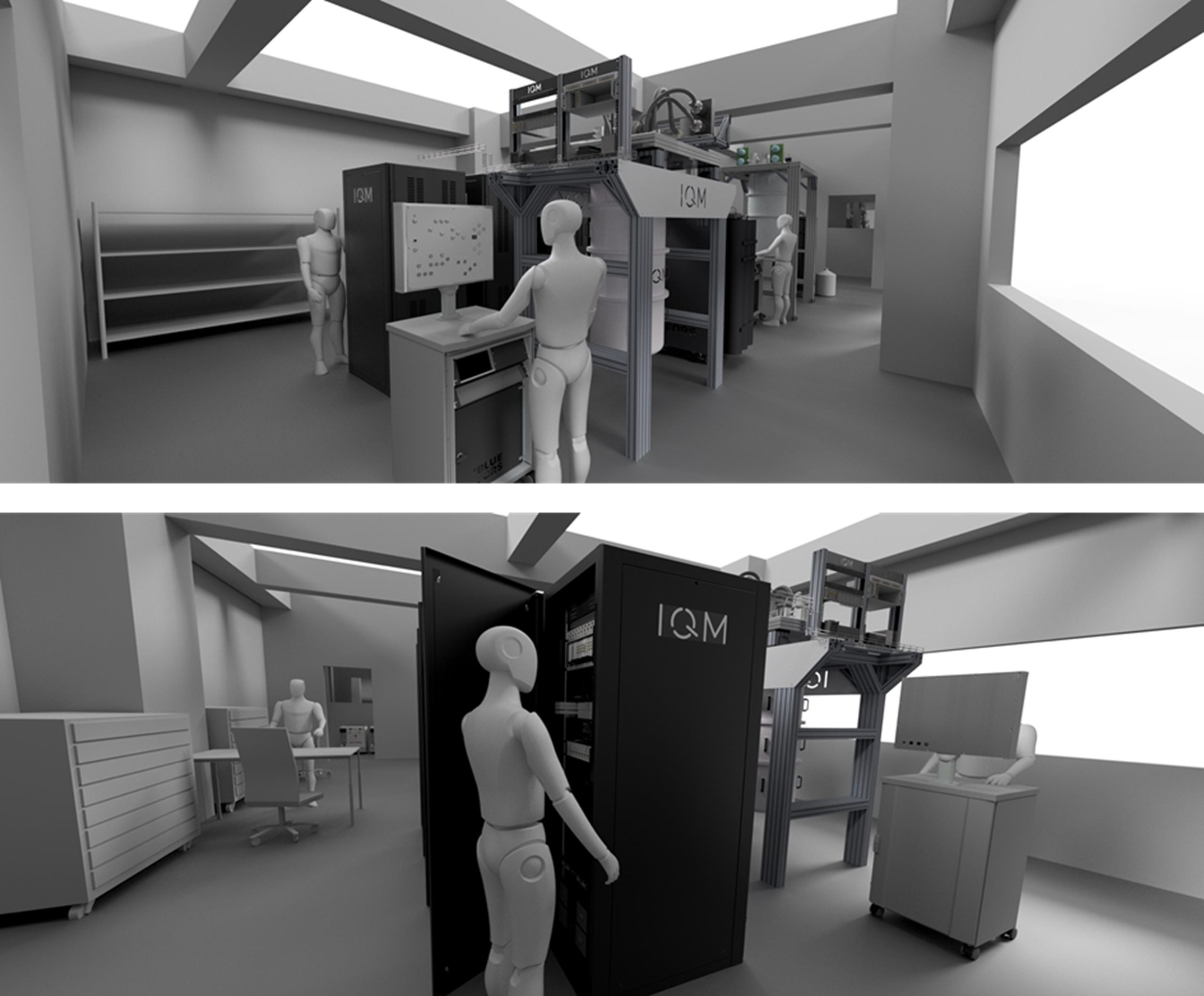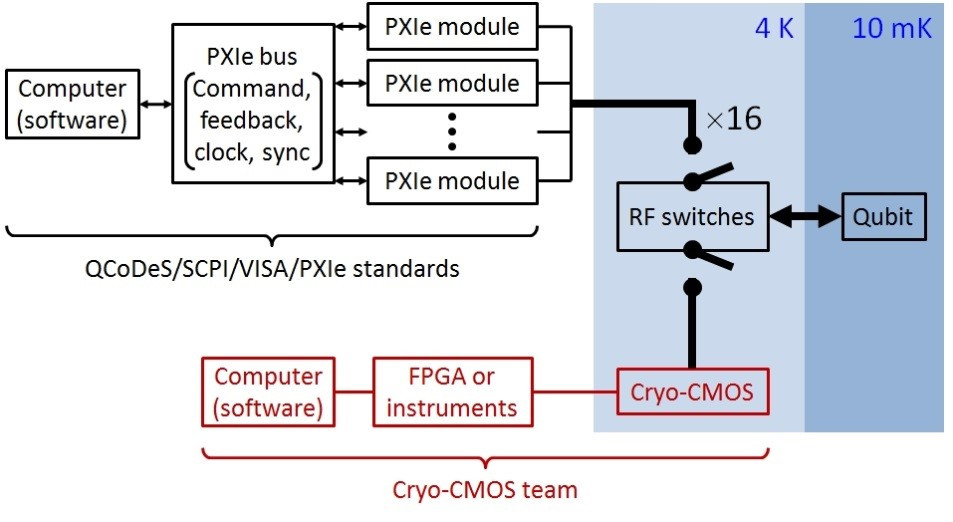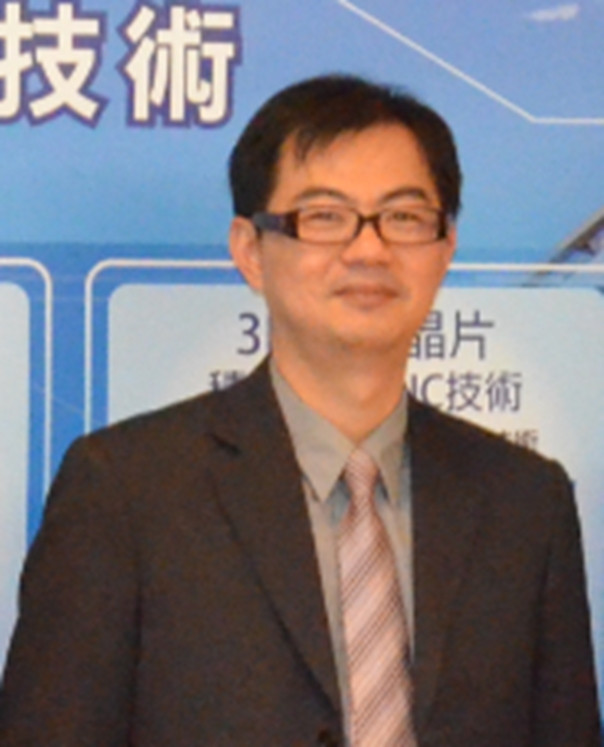第一列
Development of cryo-CMOS circuits that can work at 4 K is one of the most important topics among the rapidly advancing quantum computing technologies. Such circuits will play a pivotal role in replacing room-temperature electronics when qubit number increases up to values above which the conventional instrumentation and cabling becomes infeasible. To facilitate the development of cryo-CMOS circuits, in this project TSRI will: (1) introduce a state-of-the-art commercial 5-qubit superconducting quantum computer from a world-class quantum corporation and exploit it as a testbed for cryo-CMOS circuits; (2) construct a cryogenic laboratory for the development of superconducting quantum computing technologies. The establishment of such an infrastructure will not only bring benefits to the domestic cryo-CMOS circuit designers but also be the very platform for both the development of Taiwan’s quantum computing technologies and the cultivation of local talents in quantum engineering.

An envisioned laboratory to be constructed in this project.
-
Co-PI
-
Yong-Han Lin (Taiwan Semiconductor Research Institute)
-
Cheng-San Wu(Taiwan Semiconductor Research Institute)
5-qubit superconducting quantum computer for the verification of cryo-CMOS circuits
In order to accelerate domestic research works on various quantum hardwares (qubits and cryo-CMOS circuits), a dedicated test vehicle for verifying the actual functionalities of cryo-CMOS circuits when applied to qubits would be very helpful. It allows these two subjects to progress in parallel and also without complication between them. For that purpose, in this project we will introduce a state-of-the-art commercial 5-qubit superconducting quantum computer from a world-class quantum corporation and exploit it as a testbed specifically for cryo-CMOS circuits. The establishment of the platform can bring benefits to domestic cryo-CMOS circuit designers and also create workable opportunities that bridge local researchers and international experts. Most importantly, it is believed that such an introduction of world-leading corporations in quantum industries can further help incubate local start-ups as well as provide invaluable events for the development of Taiwan’s quantum computing technologies.

A schematic showing the setup for verifying cryo-CMOS circuits. Once the standard test using the default control system is done, the overall control of the qubit can be handed over to the cryo-CMOS circuit and its own companions (FPGA or instruments, and software) via the RF switches at 4 K.
